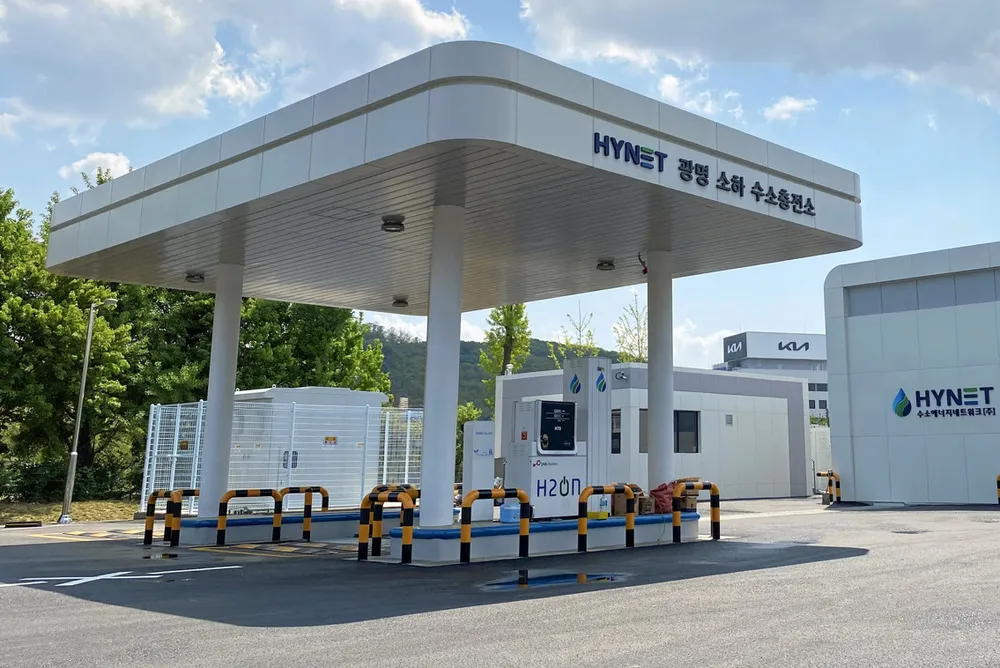Furious backlash | Hydrogen fuel prices to be hiked by a third at Hyundai-backed filling stations in South Korea
Angry Nexo customers express buyers’ regret as prices of grey H2 soar to $10.33/kg

Angry Nexo customers express buyers’ regret as prices of grey H2 soar to $10.33/kg
